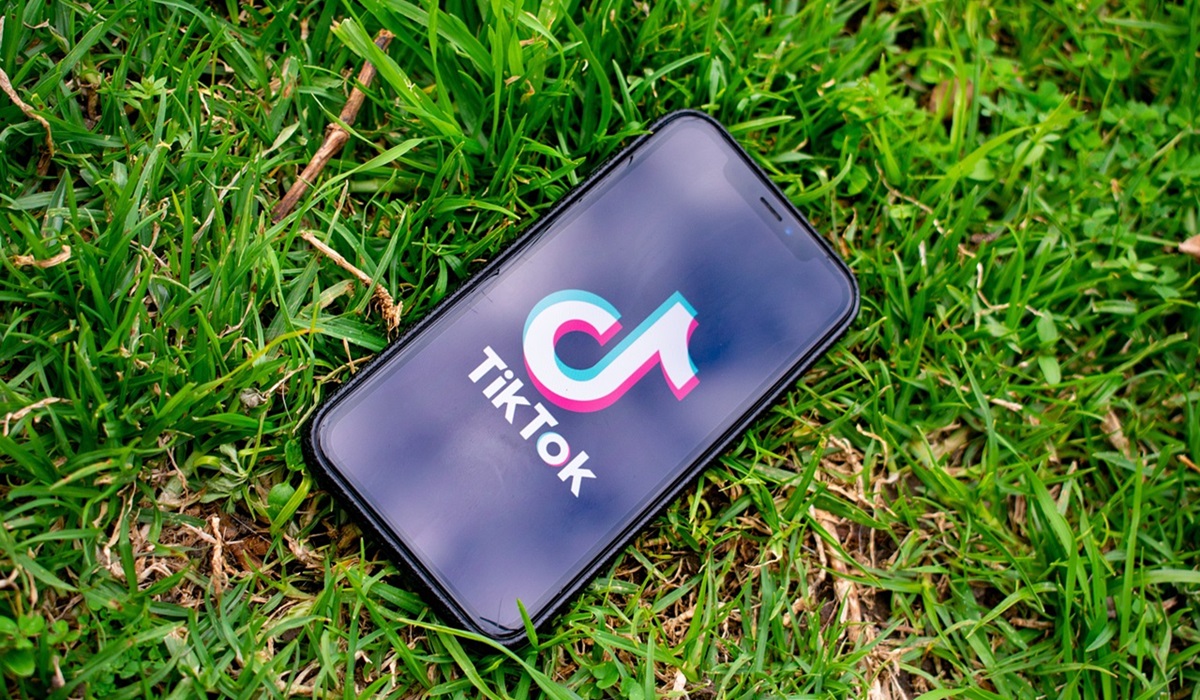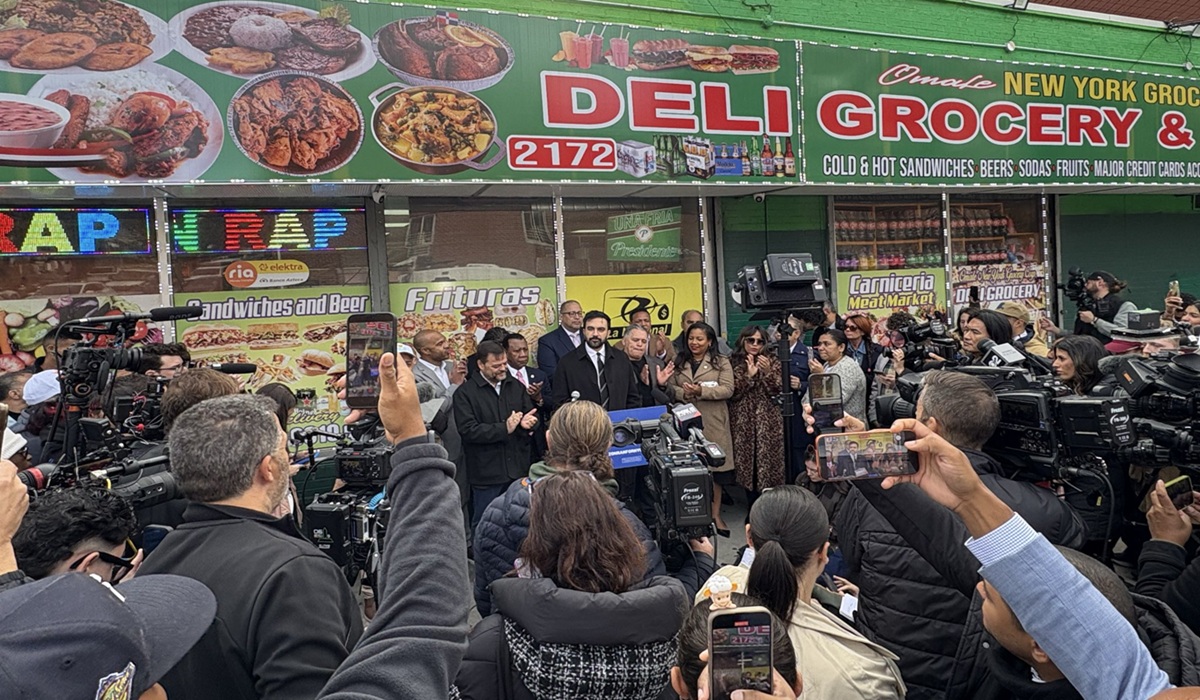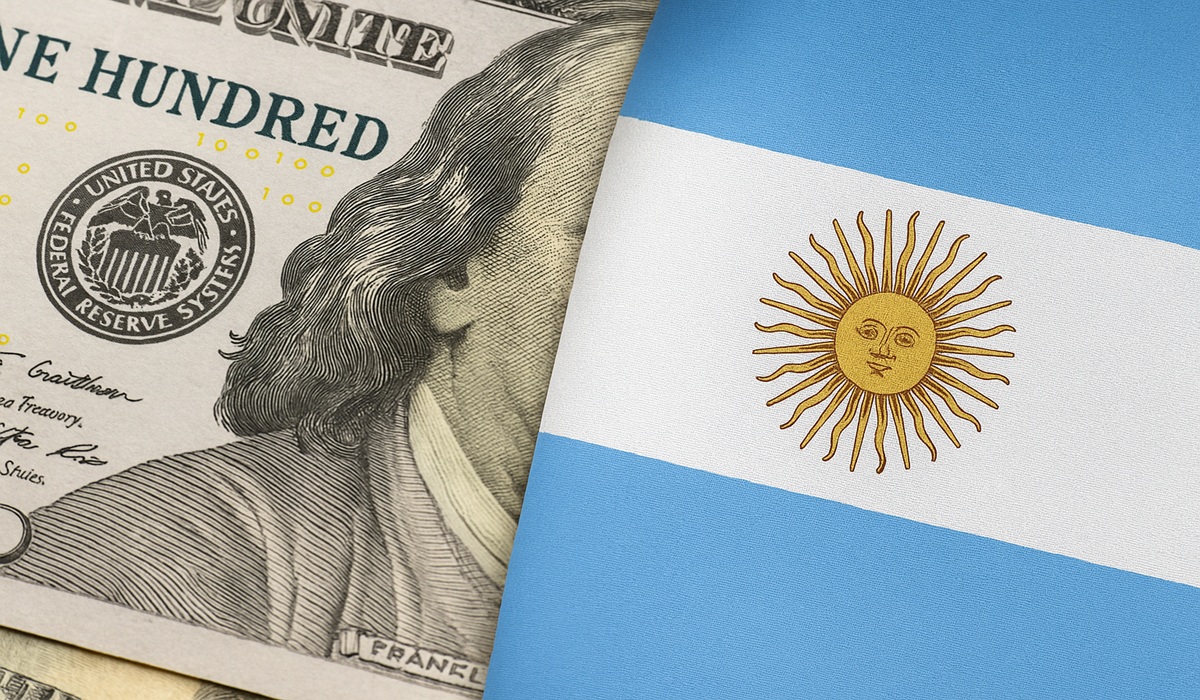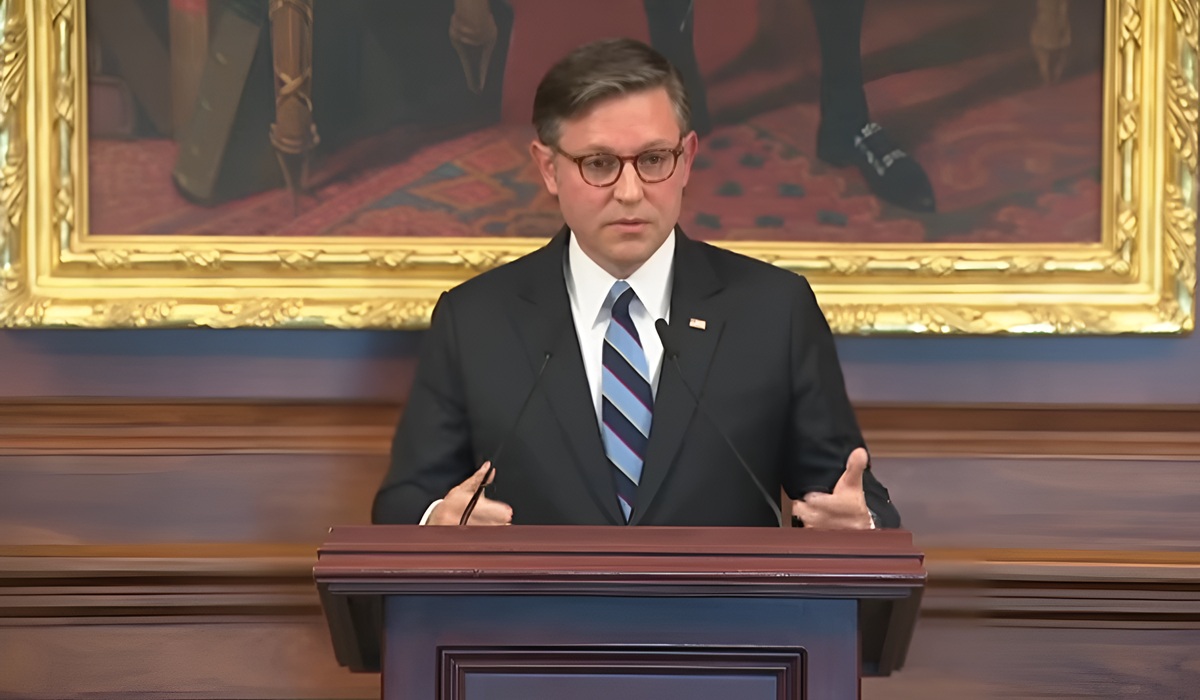U.S. President Donald Trump has alleged that a deal has been reached for TikTok’s acquisition, with final discussions expected to take place during his meeting with Chinese President Xi Jinping on Friday. According to Trump, the popular video-sharing platform would no longer be under the direct control of its Chinese parent company, ByteDance. Instead, the arrangement reportedly involves TikTok “buying out” ByteDance—though the precise mechanics of such a move remain unclear.
The claim comes after years of intense debate in Washington about TikTok’s security implications. Lawmakers repeatedly accused the platform of being a conduit for Chinese government surveillance, despite the company’s insistence that all U.S. user data is stored domestically on servers run by Oracle. Oracle co-founder Larry Ellison, a close Trump ally, has previously taken a stake in TikTok’s U.S. operations.
“The big Trade Meeting in Europe between The United States of America, and China, has gone VERY WELL! It will be concluding shortly,” Trump said Monday in a post on Truth Social.
Skeptics note that the alleged deal raises more questions than it answers. ByteDance has never suggested it would sell TikTok outright, and analysts argue that any acquisition scenario would require Beijing’s approval, given China’s strict laws governing the transfer of technology and data. Reports also suggest that the discussions were touched on during high-level meetings between American and Chinese officials in Spain over the weekend, though no formal confirmation has been issued from either side.
TikTok’s leadership has also found itself at the center of controversy. Its CEO, based in Singapore, endured racially charged questioning during a high-profile U.S. congressional hearing last year. Critics argued that the hearing reflected more about political posturing than genuine security concerns.
Behind the rhetoric, analysts have long observed that TikTok’s challenge to American social media giants may be at the heart of U.S. unease. The platform has captured a massive share of global attention and advertising revenue, eating into the dominance of Meta, Google, and other U.S.-based tech companies. “The national security debate has often obscured what is really a commercial struggle,” one industry observer noted.
For now, the picture remains murky. Trump’s announcement could signal a dramatic shift—or simply another round in a long-running political standoff. Until official details of the alleged acquisition are revealed, it remains uncertain whether TikTok will fall into American ownership or continue operating under ByteDance’s umbrella.
What is clear, however, is that TikTok’s future sits at the crossroads of technology, politics, and international power plays. For the millions of creators and users worldwide, the outcome of these negotiations could reshape the digital landscape for years to come.









